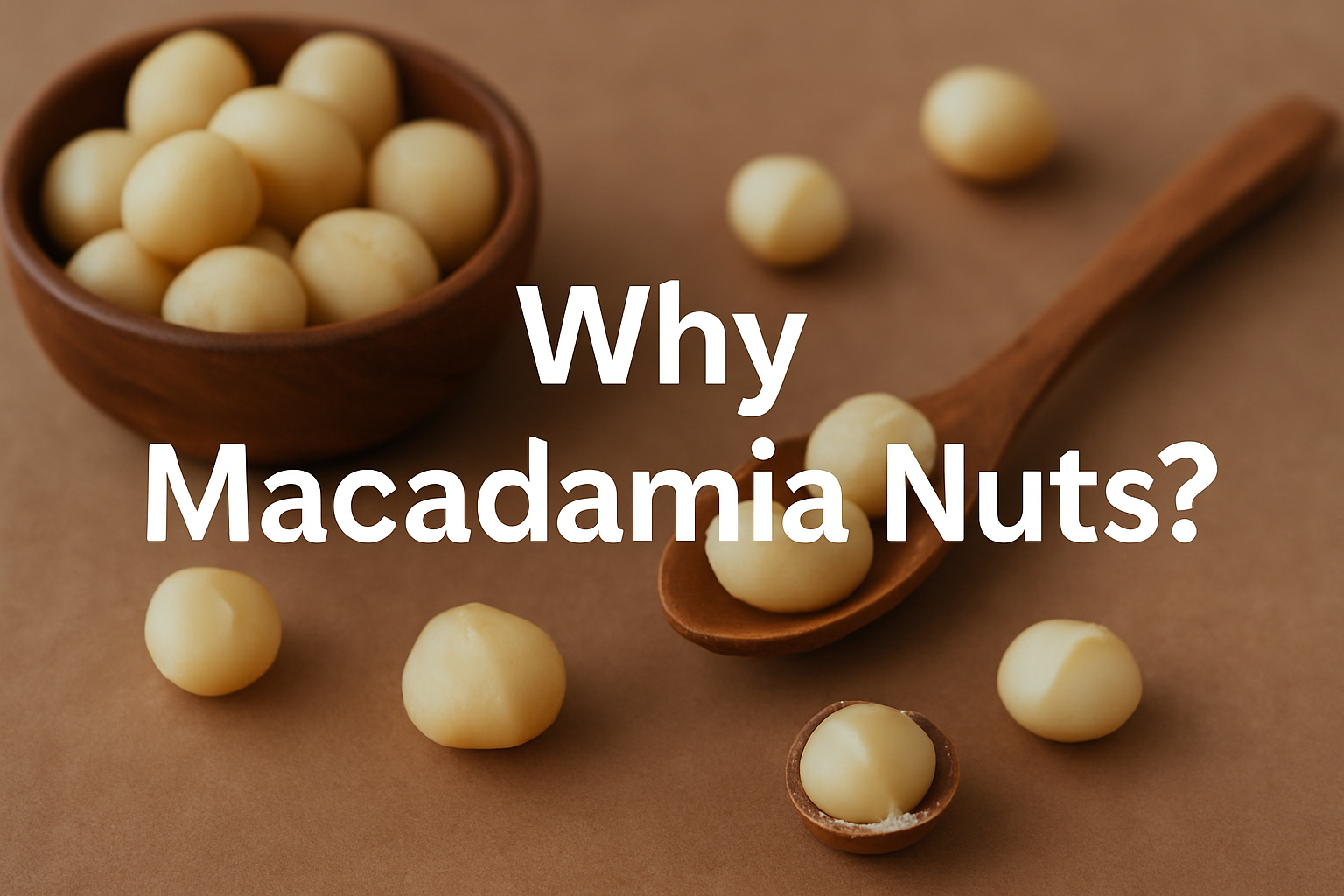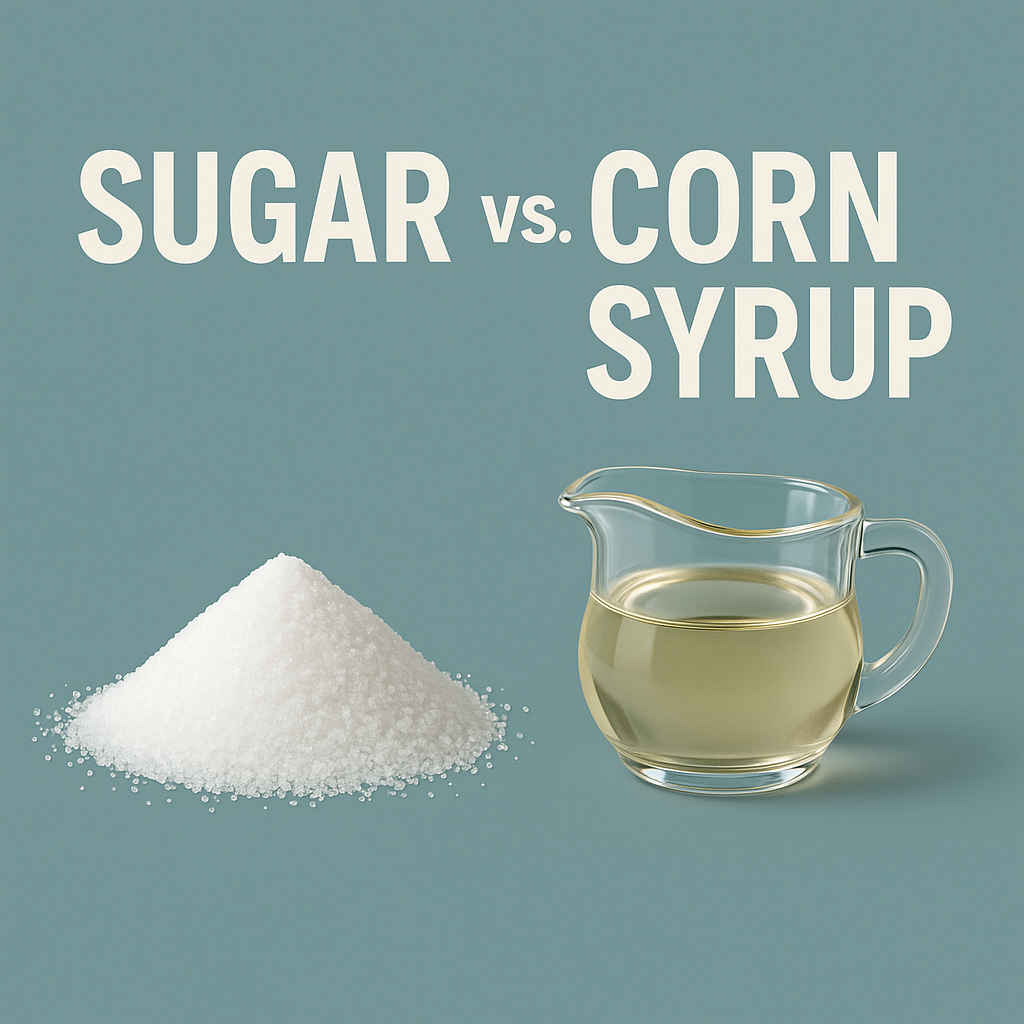Primary Prevention of Breast Cancer: What Every Woman Needs to Know
Breast cancer remains the most common cancer in women, accounting for 30% of all diagnoses each year. The lifetime risk is now 1 in 8 women, and concerningly, rates continue to rise, especially among women under 50. While 10% of cases are linked to genetics, the majority (90%) are related to lifestyle and environmental factors we can influence. That means prevention is possible. The good news? Survival rates have improved, but our best strategy is primary prevention, taking proactive steps to reduce the risk of breast cancer before it starts. Why Prevention Matters Breast cancer rates are still climbing by about 1% annually. Lifestyle factors, such as diet, weight, stress, and environmental exposures, are strongly linked to risk. Studies show healthy lifestyle changes can lower risk by 20–30%...











